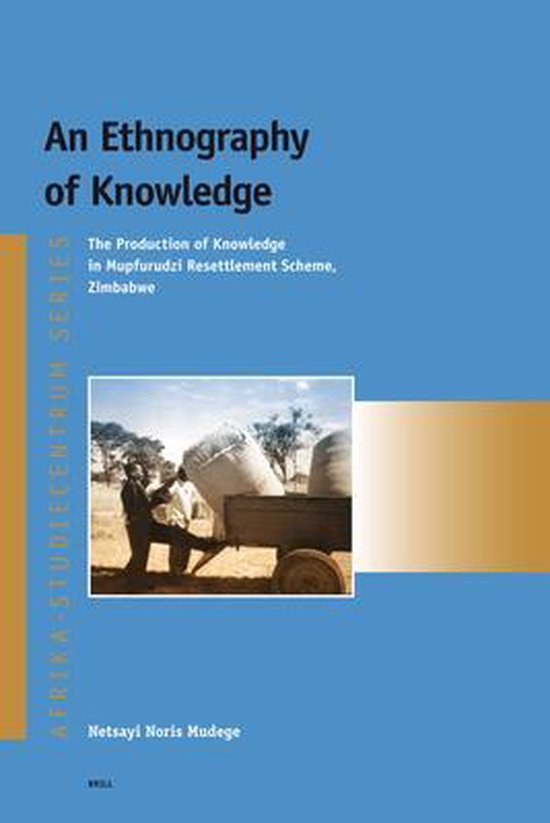
An Ethnography of Knowledge: The Production of Knowledge in Mupfurudzi Resettlement Scheme, Zimbabwe
-
AuteurNetsayi Mudege
- Uitgeverij-
- Jaar-
'An Ethnography of Knowledge: The Production of Knowledge in Mupfurudzi Resettlement Scheme, Zimbabwe' by Netsayi Mudege is a profound exploration into the dynamics of knowledge production within the unique context of the Mupfurudzi Resettlement Scheme in Zimbabwe. This scholarly work delves into the intricate ways in which knowledge is generated, shared, and utilized among the resettled communities, offering a nuanced understanding of the socio-cultural and economic factors that influence these processes. Mudege's ethnographic approach provides a rich, detailed account of the everyday lives of the people in Mupfurudzi, highlighting their resilience and adaptability in the face of displacement and resettlement. The book is a significant contribution to the fields of anthropology, sociology, and African studies, shedding light on the often-overlooked aspects of knowledge production in post-colonial contexts. With its rigorous research methodology and engaging narrative, this book is an essential read for academics, researchers, and anyone interested in the complexities of knowledge systems in changing societies.